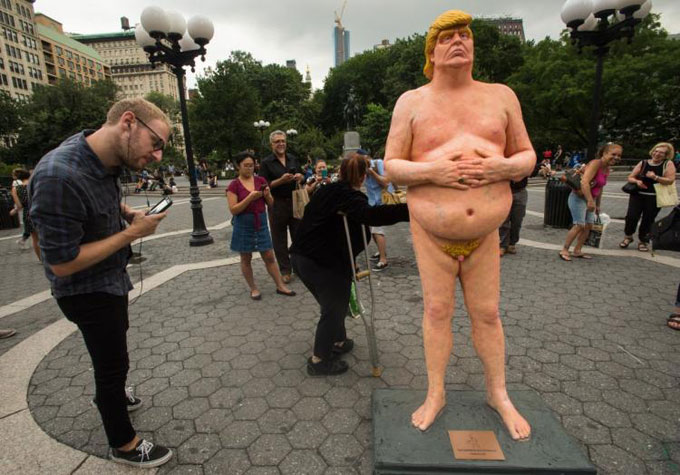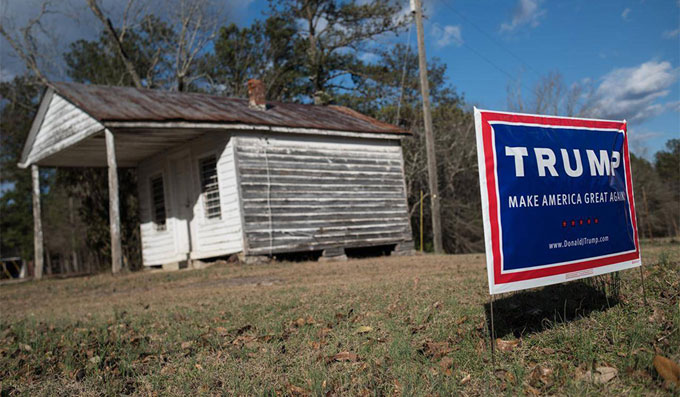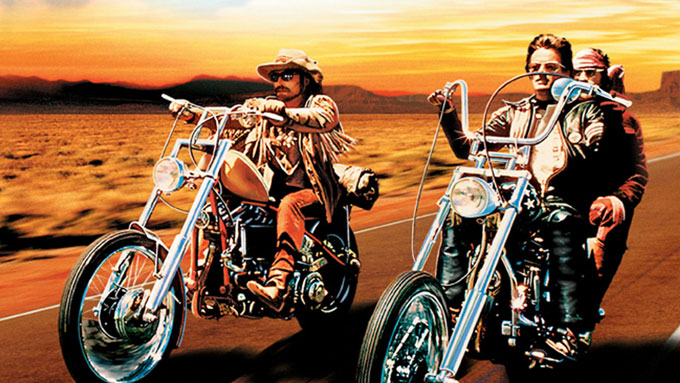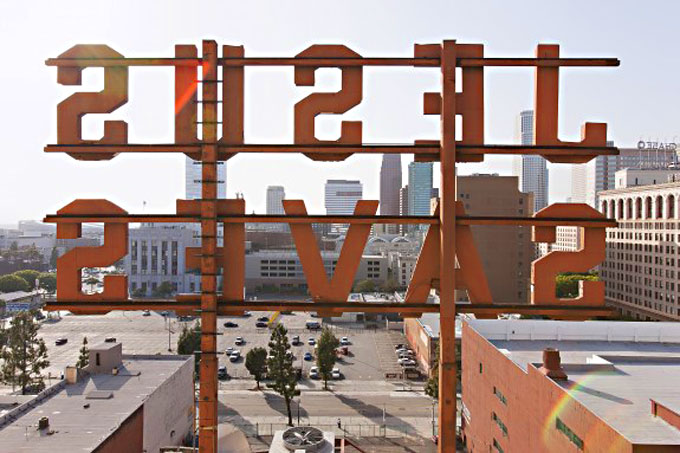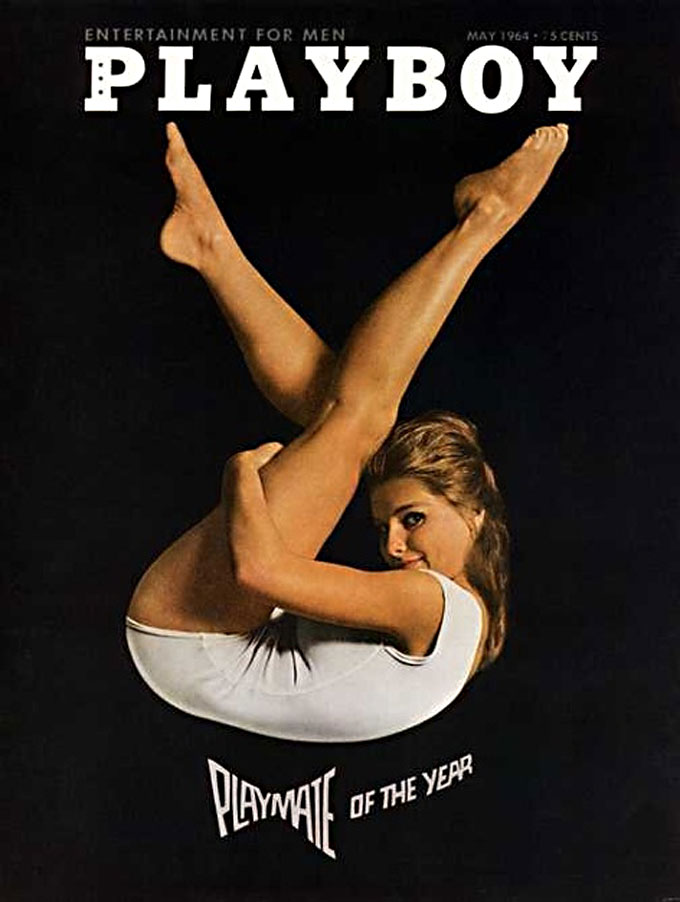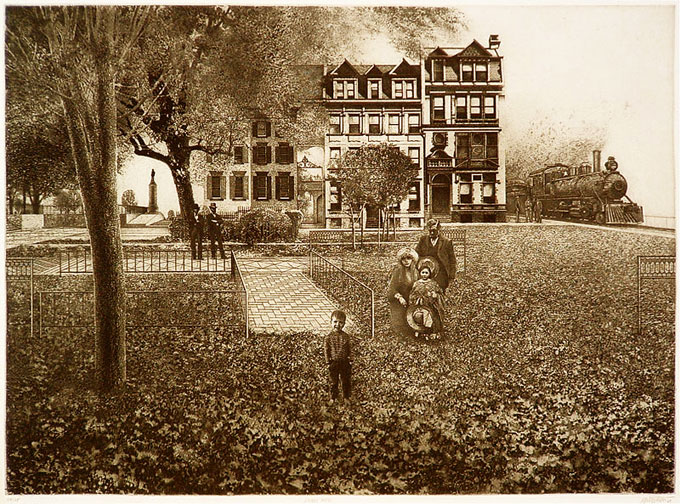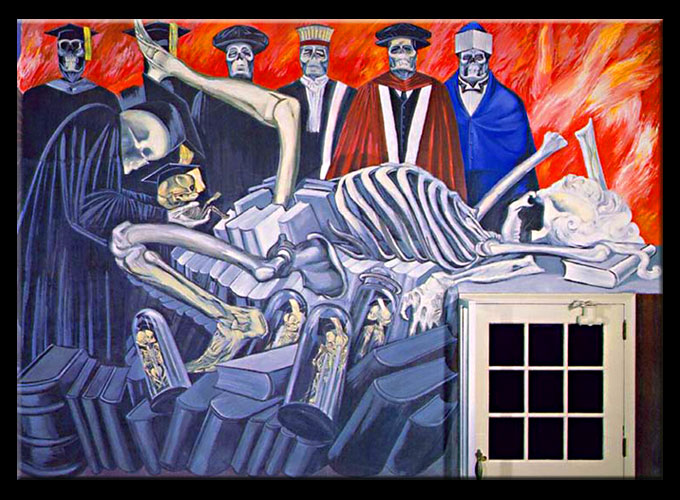Black Transport
“Even a meadow in harvest with flights of crows and grass fires . . . can lead to a concentration camp.”
—Night & Fog, 1955
The Germans who ran the trains
to the death camps
made sure they arrived
in night and fog—
they wanted the boxcar
cargo to disembark
in a state of confusion
so they would be easier
to manage. First, the lie
of resettlement. Then
the off-loading to camps
and the blue-striped uniform
of the doomed. Do you think
it can’t happen here? Do
you imagine you can
forever avoid such
black transport? Do
you trust countrymen
not to show you to a place
on a platform and say, Wait
here and point the machine gun
in the general direction of smoke
as it floats black then a gray-white
as quiet as the sheets on a clothesline.
It begins with respect for uniforms
and loaded guns. Then the fear
that what is happening
is our fault. Then those lies
we consent to in order to live
for a while longer, God help us.
It is already the case—isn’t it?—
that these amber waves hide bodies.


